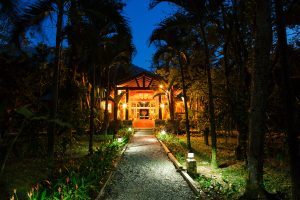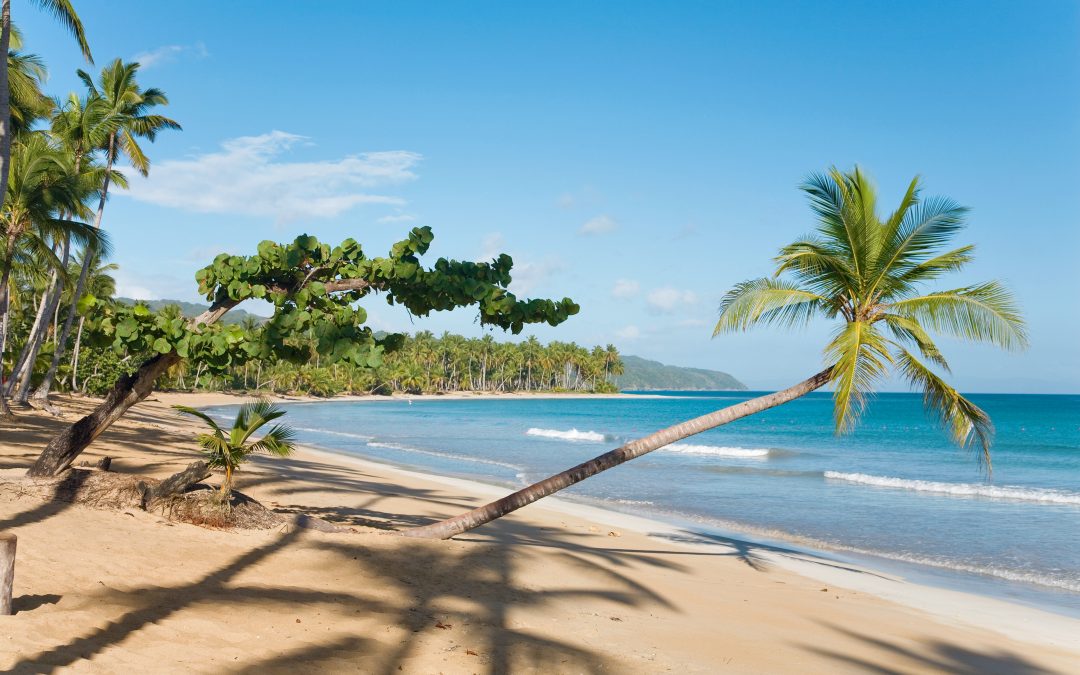
Social media PR is critical in this digital world. Responding to consumer questions and interactions, like those for client Pico Bonito, on social media platforms has become a signature of social media management.
Communication in the travel industry has evolved dramatically over the past decade. While features in glossy magazines and online publications like Huffington Post help travelers research hotels and destinations, social media has become a key influencer in decision-making. Many consumers flock to Twitter for recommendations on hotels, using hashtags to engage other travelers and hotels in the conversation.
Additionally, many travelers are reaching out to hotels directly through their Facebook, Twitter and Instagram pages to get more information, start a dialogue on their travel itinerary or even book directly. So, social media management has become absolutely critical for luxury hotels both big and small.
The Importance of Social Media Management
I recently fielded Facebook messages for client The Lodge at Pico Bonito, where potential guests sent over questions to see if this luxury eco-hotel would be a good fit for their family. Quickly responding to these types of questions and dialogue from travelers is critical from a travel PR and communications standpoint and also because a speedy reply will likely result in a room booking. As time lapses, travelers will explore other options if they don’t receive a response.
Social media management has grown beyond strategy, implementation, and regular postings. Hotels and resorts should strongly consider social media management as it could mean the difference in securing guests and building relationships or having them look elsewhere and be turned off. Communicating one-on-one with users on social media shows personalization and attentiveness that bode well for hotels in the long run.
With a plethora of options for consumers to choose from, especially in the boutique hotel arena, it’s advantageous to stand out. Most luxury travelers are looking for a customized experience, one that aligns with their interests and needs. Communicating with potential guests through social media becomes a collaborative exchange of ideas and often helps alleviate any guest concerns (transfers, boat rides, etc.).
#TLworldsbest
Twitter has become a major source of inspiration for travelers. Users will tweet to get advice on destinations, hotels, activities and ideal times of year for travel. Depending on geographical interests and budgets, a variety of hashtags exist for users to employ and also search. A few examples: #LP (Lonely Planet) #ATW (Around the world) #SLH (Small Luxury Hotels).
Travel & Leisure is in the midst of its World’s Best Awards 2014, where hotel guests from around the world can chime in and vote for their favorites and also enter to win a $10,000 dream vacation (sign me up!). The hashtag for this is #TLworldsbest and has already blown up on Twitter, Instagram and Facebook. Travelers are using this hashtag to find the worldwide contenders for world’s best and this has become a key influencer in their decision-making.
From a hotel operator perspective, this contest is a chance to show how your property shines above the competition. Using the hashtag #TLworldsbest on Twitter and Instagram is a critical way to engage previous guests and fans of your destination to remind them to vote. Just don’t outright say “vote for us” as it’s not allowed. Simply encourage them to vote for their favorite hotels (chances are, you are one of them)!
How do you use social media to interact with your audience? Sound off in the comments!





